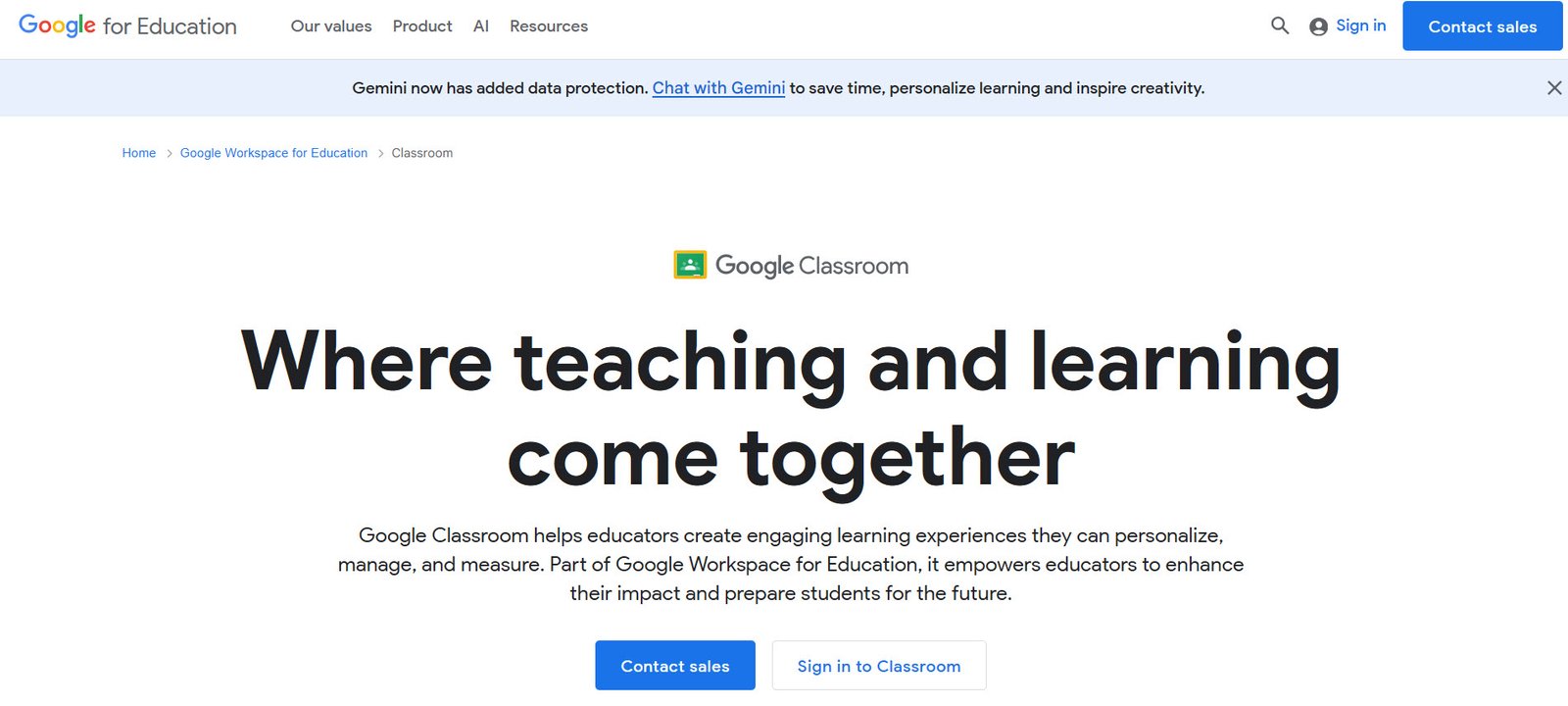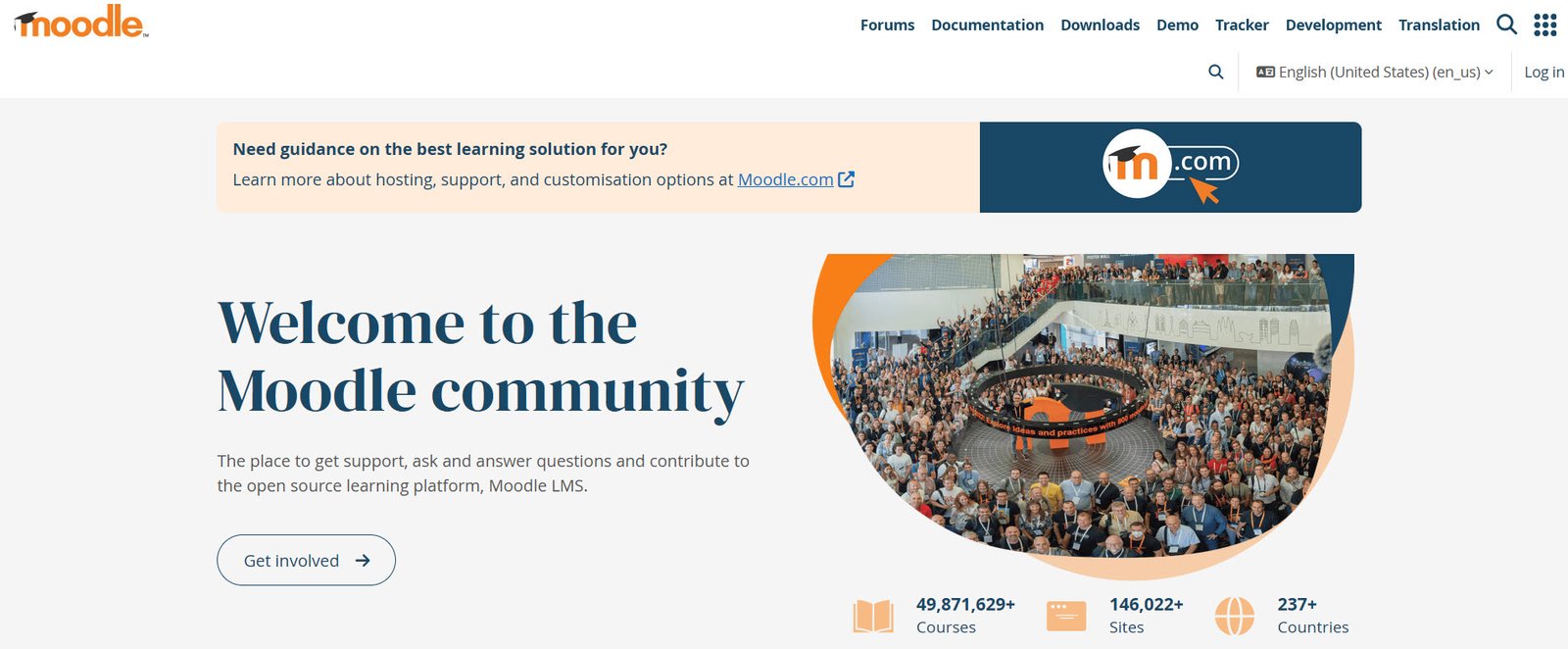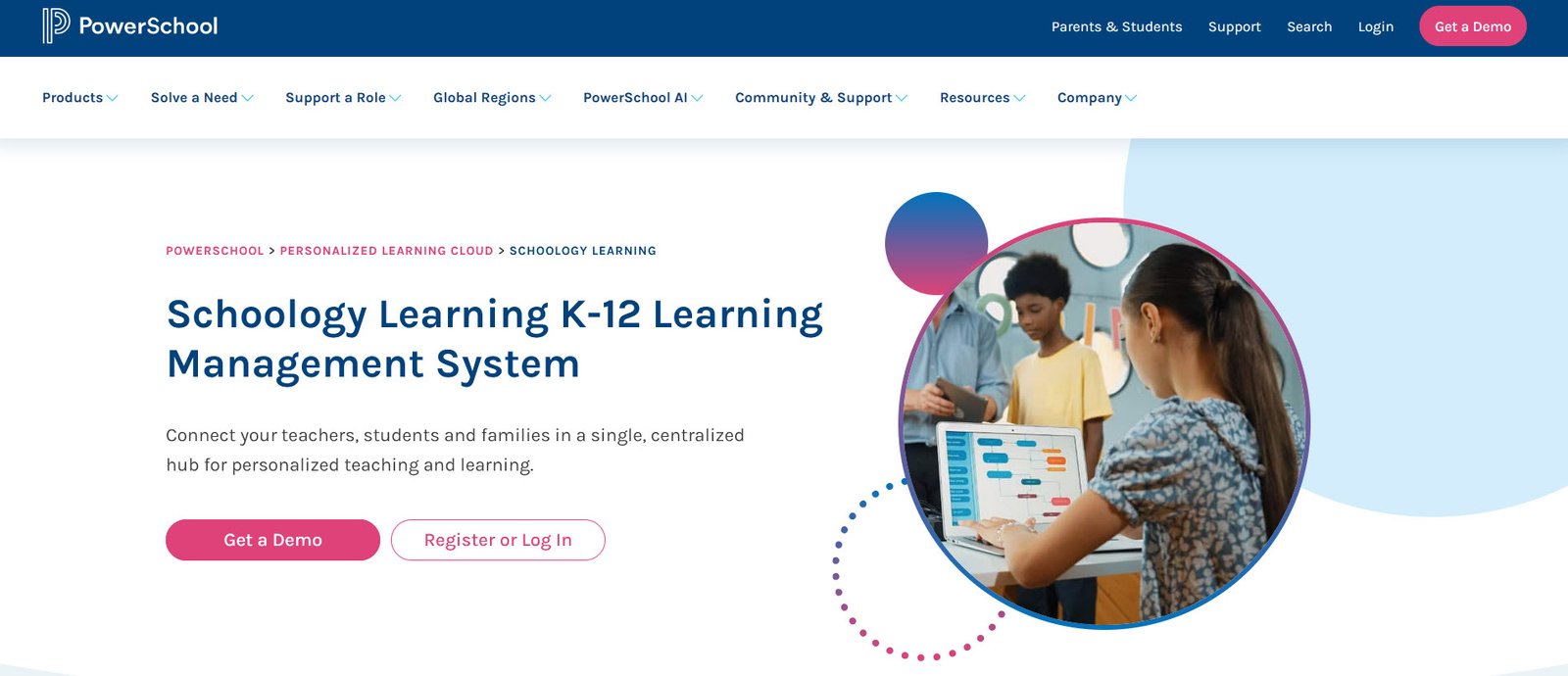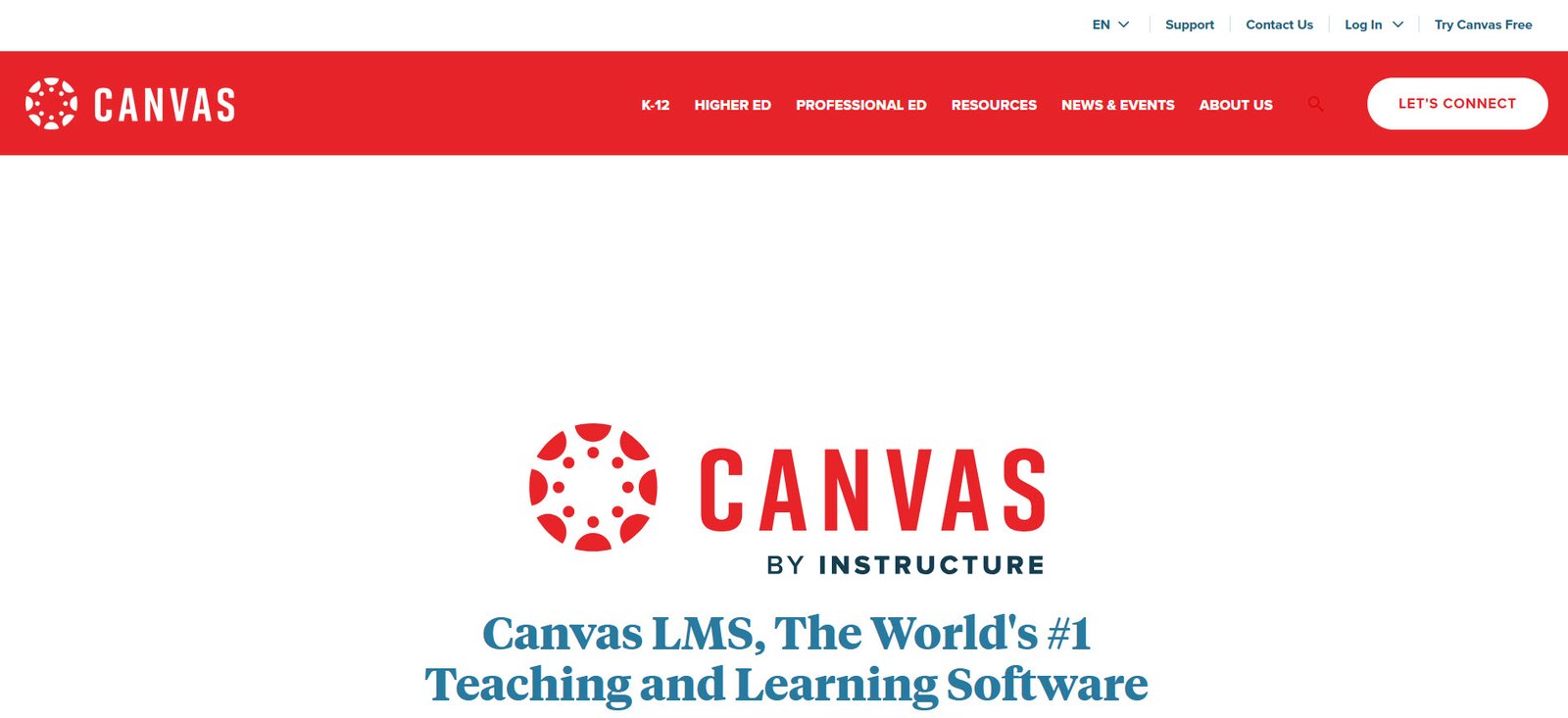In the ever-evolving educational landscape, Learning Management Systems (LMS) have become indispensable tools for schools. These platforms enable educators to manage, deliver, and assess learning materials efficiently while fostering student engagement. As schools strive to provide personalized and interactive learning experiences, choosing the right LMS is critical.
Below, we explore the top four LMS platforms tailored for schools, their features, and benefits.
1. Google Classroom
Google Classroom is a widely popular and user-friendly LMS designed for schools of all sizes. Developed by Google, it seamlessly integrates with Google Workspace (formerly G Suite), offering tools like Google Docs, Slides, Sheets, and Meet.
Key Features:
- Simplified assignment creation and distribution.
- Real-time collaboration with Google Docs and Sheets.
- Integration with a vast library of third-party educational tools.
- Automatic grading and feedback for assignments.
- Multi-device compatibility, enabling access via desktops, tablets, and smartphones.
Benefits:
- Free to use for schools.
- Intuitive interface, making it accessible for teachers and students.
- Secure data storage with Google’s robust infrastructure.
Ideal For: Schools looking for a cost-effective, collaborative platform with minimal setup requirements.

2. Moodle
Moodle is an open-source LMS that offers immense flexibility and customization. With its vast array of plugins, Moodle can be tailored to meet specific educational needs.
Key Features:
- Open-source architecture for customization.
- Comprehensive tools for quizzes, assignments, and grading.
- Analytics to track student performance.
- Mobile app for on-the-go learning.
- Multilingual support.
Benefits:
- No licensing fees, reducing costs for schools.
- Wide community support for troubleshooting and enhancements.
- Scalable for institutions of all sizes.
Ideal For: Schools with technical expertise looking for a highly customizable solution.

3. Schoology
Schoology is a feature-rich LMS designed to streamline teaching and learning. It’s particularly known for its focus on K-12 education.
Key Features:
- User-friendly course creation and management tools.
- Integration with over 200 apps, including Google Workspace and Microsoft Office 365.
- Tools for parent-teacher communication.
- Advanced assessment and grading capabilities.
- Mobile-friendly interface.
Benefits:
- Encourages collaboration among students and teachers.
- Robust analytics to monitor progress and engagement.
- Strong focus on K-12 needs.
Ideal For: K-12 schools aiming for a modern, collaborative LMS with strong communication tools.

4. Canvas
Canvas is a cloud-based LMS that is gaining traction in schools and higher education institutions due to its intuitive design and powerful features.
Key Features:
- Easy course setup and content management.
- Built-in video conferencing tools.
- Comprehensive analytics for tracking learning outcomes.
- Mobile app with full LMS functionality.
- Integration with third-party tools and apps.
Benefits:
- Engaging interface for students and educators.
- Robust community support and regular updates.
- Scalability to meet the needs of growing institutions.
Ideal For: Schools seeking a versatile, modern LMS with a focus on user experience.

Conclusion
The right LMS can transform the educational experience, making learning more interactive, organized, and effective. Google Classroom, Moodle, Schoology and Canvas each offer unique advantages tailored to different school environments.
By evaluating your institution’s needs and goals, you can select the LMS that best supports your educators and students in achieving academic success.



